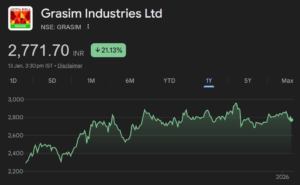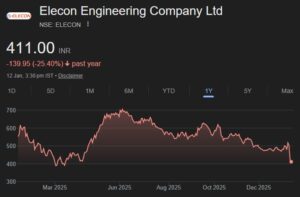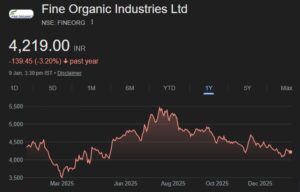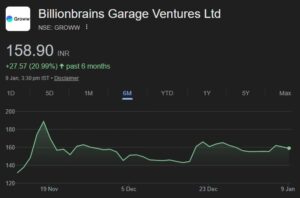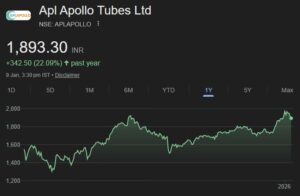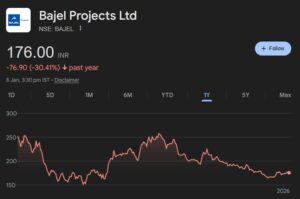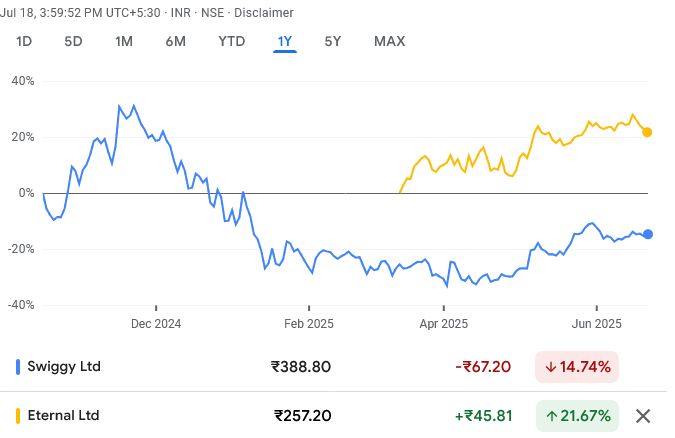
Table for Two: Swiggy and Zomato are Served
Key Points
India’s private consumption growth in FY25—while improving with PFCE rising 7.2% (up from 5.6% in FY24)—continues to face underlying challenges. According to Kantar, overall FMCG growth slowed to 4.2% in FY25 from 6.6% in FY24 with urban FMCG growth moderating to 4.4% (down from 7.6% last year) and rural growth easing to 4% (from 5.8%). However, the story is different in convenience-led food consumption and quick commerce; Eternal’s (erstwhile: Zomato) food delivery business revenue grew 27% and Swiggy’s by 23% in FY25, while Blinkit’s quick commerce segment surged 126% and Swiggy’s Instamart by 118%.
Against this challenging macro backdrop, the Indian online food delivery and quick commerce markets have emerged as rare and powerful engines of growth—driven by digital adoption, convenience-first consumer behavior, and platform-led innovation. The online food delivery market, valued at approximately Rs630bn (US$7.3bn) in 2023, is projected to nearly triple to Rs1,400-1,700bn (US$17-21bn) by 2028, registering a CAGR of 17-22%. At the same time, India’s quick commerce market—offering ultra-fast delivery of daily essentials—is expected to witness explosive growth, expanding from Rs224bn (US$2.8bn) in 2023 to Rs2.3-4.2trn (US$29-53bn) by 2028 at a CAGR of 60-80% with nearterm annual growth projected at 80-100%.
This growth is fueled by rising digital engagement, higher consumption frequency, and expanding reach in Tier 2 and Tier 3 cities. Platforms such as Swiggy (Food Delivery, Instamart, Dineout) and Eternal (Food Delivery, Blinkit, District) are evolving into multi-vertical ecosystems catering to both at-home and out-of-home consumption. From meals and groceries to restaurant discovery and dining experiences, they are becoming central to India’s urban consumption fabric. In a slowing demand environment, platform-led models across food delivery, quick commerce, and dining out are emerging as structural growth engines with enduring tailwinds.
The Indian food delivery market is expected to clock a CAGR of 17–22%, while quick commerce is set for much faster expansion at over 60% CAGR between 2023 and 2028. Against this backdrop, we initiate coverage on Swiggy and Eternal with a positive outlook on their leadership in food delivery and evolving positions in quick commerce.
View:
We believe Swiggy and Eternal will continue to dominate the food delivery business. On the demand side of the equation, variables such as platform preferences and assortment mix are firmly in favor of the incumbents. These strengths are likely to sustain the leadership of incumbents despite the vulnerabilities that remain on the supply side of the equation. While there has been continuous innovation around assortment and delivery timelines, affordability is an area with room for further innovation but discounting is not the key.
In quick commerce, Eternal’s Blinkit is significantly ahead in terms of both scale and profitability. Swiggy is still catching up, but we believe recent investments in dark stores and better customer targeting could help it reach a positive contribution profit % of GOV by FY27. At the same time, improved client acquisition and faster spending ramp-ups compared to earlier cohorts are promising signs.
Indias-Food-Delivery-and-QC-to-Sustain-Growth—Initiating-Coverage–20-July-2025
